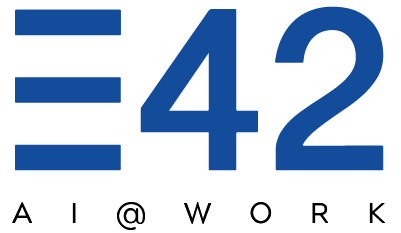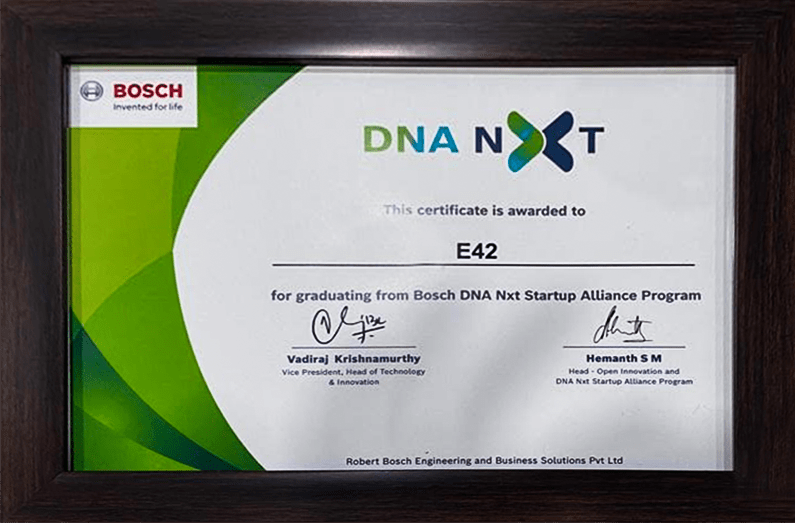In today’s enterprise conversations, the topic of bots has become increasingly prominent. Whether chatbots, RPA bots, cognitive process automation tools, or next-gen multifunctional cognitive agents, these technologies are frequently discussed concerning enterprise productivity, efficiency, automation, and user experience. This article delves into the world of bots, explores their differences, and looks at what the future holds for the enterprise.
Defining Bots: From Simple to Sophisticated
Bots are software applications designed to perform specific tasks. They are often characterized by their simplicity and repetitive nature. These applications span a wide range of sophistications. From rudimentary desktop automation bots to highly advanced cognitive process automation solutions, bots are used everywhere.
Types of Bots and Their Evolution
RDA (Robotic Desktop Automation)
Robotic Desktop automation (RDA) bots serve as crucial screen scraping technologies. They act as a bridge between current systems and legacy systems that lack compatibility. Their primary function is to take over repetitive data entry or form-filling tasks traditionally performed by humans. RDA bots have been prevalent since the 1990s. They continue to play a significant role in reducing employee workload.
RPA (Robotic Process Automation)
A step ahead, Robotic Process Automation (RPA), introduced in the early 2000s, incorporated self-service capabilities. These bots operate with structured data and predefined activity choreography. This enables them to perform tasks repeatedly and autonomously. That being said, robotic process automation significantly reduced employees’ workload and streamlined processes.
Chatbots
Chatbots are scripted decision trees that guide users through a series of pre-defined interactions. They excel at handling simple and repetitive conversations. Chatbots serve as a transitional technology, acting as a stop-gap solution while more advanced cognitive agents were being developed.
CPA (Cognitive Process Automation)
Cognitive process automation combines human intelligence with traditional process automation techniques by employing artificial intelligence and natural language processing (NLP). It enables enterprises to better capture data, automate decision-making, and scale automation. Cognitive process automation solutions are capable of producing insights, data analytics, and taking actions beyond human capabilities. They gained prominence around mid-2019, opening up new possibilities for enterprise automation.
The Shift Towards Cognitive Intelligence
Distinction between Robotic Process Automation and Cognitive Process Automation
While RPA bots mimic human repetitive actions, Cognitive Process Automation aims to replicate human cognition. RPA can be seen as software robots that imitate human actions. In comparison, CPA focuses on simulating human intelligence using machines. Cognition encompasses processes like acquiring knowledge, problem-solving, and language comprehension. Cognition encompasses processes like acquiring knowledge, problem-solving, and language comprehension.
CPA brings automation to tasks that require human cognition, achieved through AI training. RPA is associated with doing, while CPA is associated with thinking and learning. Cognition encompasses various cognitive processes, such as knowledge acquisition, comprehension, problem-solving, and language perception.
Transitory Nature of Chatbots:
Chatbots, being rooted in cognitive functions, are considered a transitory technology. The current generation of chatbots depends on scripted inputs and outputs. They lack the scalability to achieve advanced cognitive capabilities. Limitations in intent classification systems and the limited ability to learn from user actions have paved the way for the development of multifunctional cognitive agents.
Empowering the Enterprise Workforce: E42 AI Co-Workers
Multifunctional cognitive agents, exemplified by E42 AI co-workers, possess advanced cognitive capabilities that surpass human abilities. These agents include the ability to read and comprehend unstructured text, structured data, images, videos, and more. They seamlessly integrate into various business processes, functioning as fully cognitive business assistants that can outperform humans in certain tasks.
These AI co-workers can be deployed across various business processes. These include industries such as IT, HR, customer care, finance, accounting, and more. Besides, these AI co-workers can serve as receptionists, performing tasks such as recognizing and welcoming people, checking documentation, booking appointments, and addressing customer inquiries. AI co-workers can also generate reports from available data comparable to the work of an analyst.
Unlock the power of intelligence with E42 AI co-workers
The era of bots has evolved from simple automation to sophisticated cognitive intelligence. From RDA and RPA to chatbots, cognitive process automation, and the emergence of multifunctional cognitive agents, enterprises now have access to powerful tools to augment and enhance their workforce. The competition between humans and AI co-workers in the enterprise workforce represents an unprecedented shift in how we approach productivity and automation. As we embrace the capabilities of AI co-workers, the future holds exciting possibilities for enterprises seeking to achieve higher efficiency, productivity, and business success.



